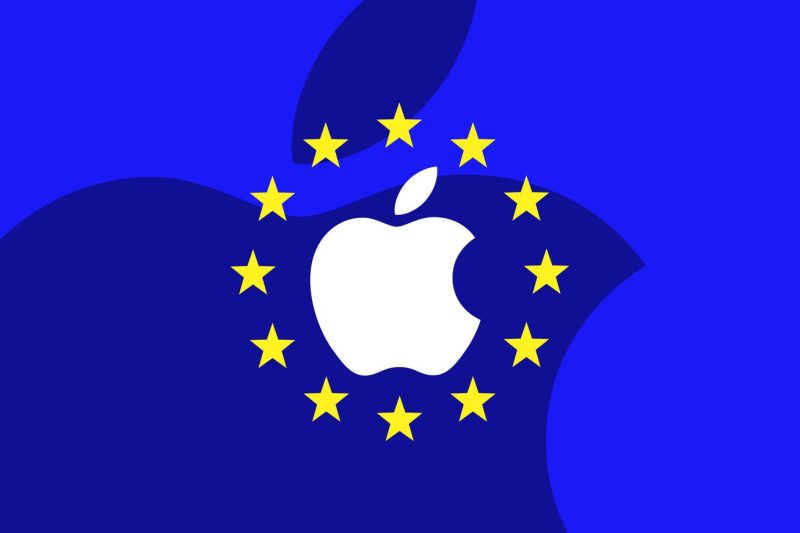Apple Is First Company Charged with Violating EU’s DMA Rules
The European Union’s Digital Markets Act (DMA) has recently come into the spotlight with the charging of tech giant Apple for alleged violations of the regulations. This marks a significant development in the EU’s efforts to regulate the behavior of big tech companies and ensure fair competition in the digital markets.
The DMA was introduced to address the growing concerns about the dominance of tech giants such as Apple, Google, and Amazon, and to establish a level playing field for all players in the digital economy. The Act aims to prevent anti-competitive practices, promote innovation, and protect consumers’ interests.
According to the charges brought against Apple, the company is accused of using its market power to disadvantage competitors and restrict consumer choice. This includes allegations of prioritizing its own services and products over those of rivals, as well as imposing unfair conditions on app developers on its platform.
Apple has denied the charges and stated that it complies with all relevant laws and regulations. The company has emphasized its commitment to fostering competition and innovation, pointing to its role in creating a vibrant app ecosystem that benefits both developers and users.
The outcome of this case will be closely watched by other tech companies and regulatory authorities around the world. If Apple is found guilty of violating the DMA, it could face significant fines and be required to make changes to its business practices. This could have far-reaching implications for other tech giants operating in the EU and beyond.
In response to the charges, Apple has pledged to work closely with the EU authorities to address any concerns and ensure compliance with the regulations. The company has expressed its willingness to cooperate and engage in constructive dialogue to reach a mutually satisfactory resolution.
Overall, the charging of Apple under the EU’s DMA is a clear indication of the increasing scrutiny faced by big tech companies and the growing importance of regulatory oversight in the digital economy. This case underscores the need for robust regulatory frameworks to promote competition, protect consumers, and ensure a level playing field for all market participants.
